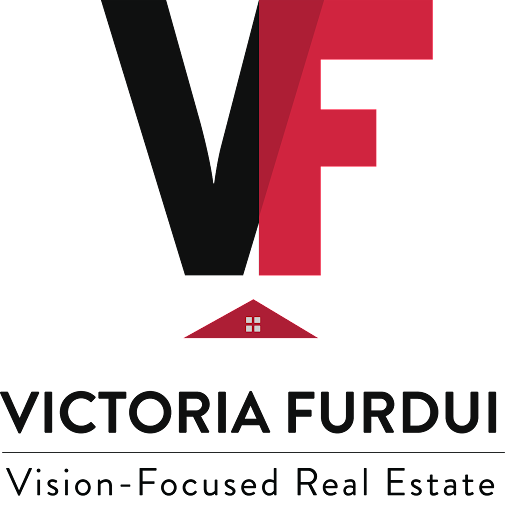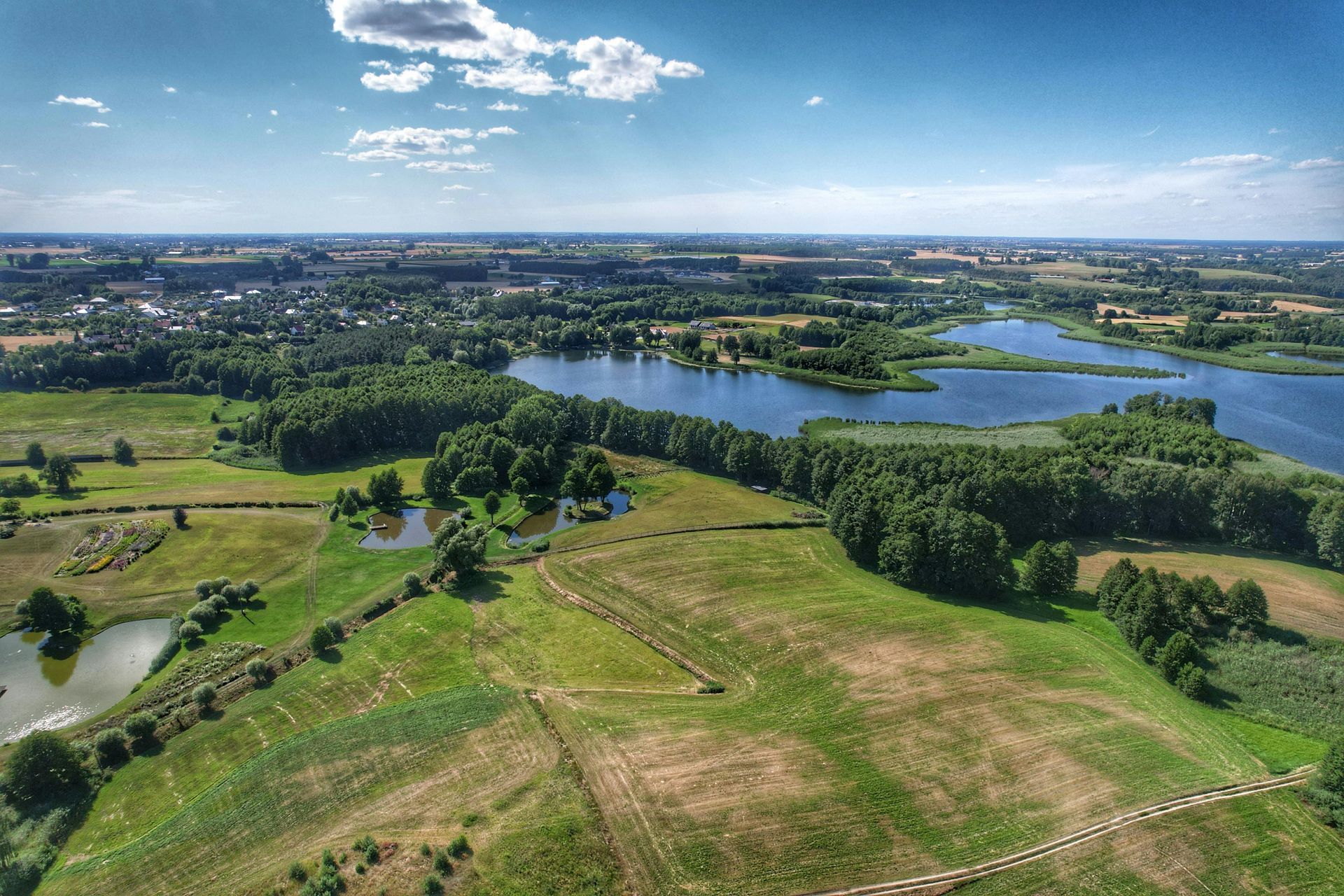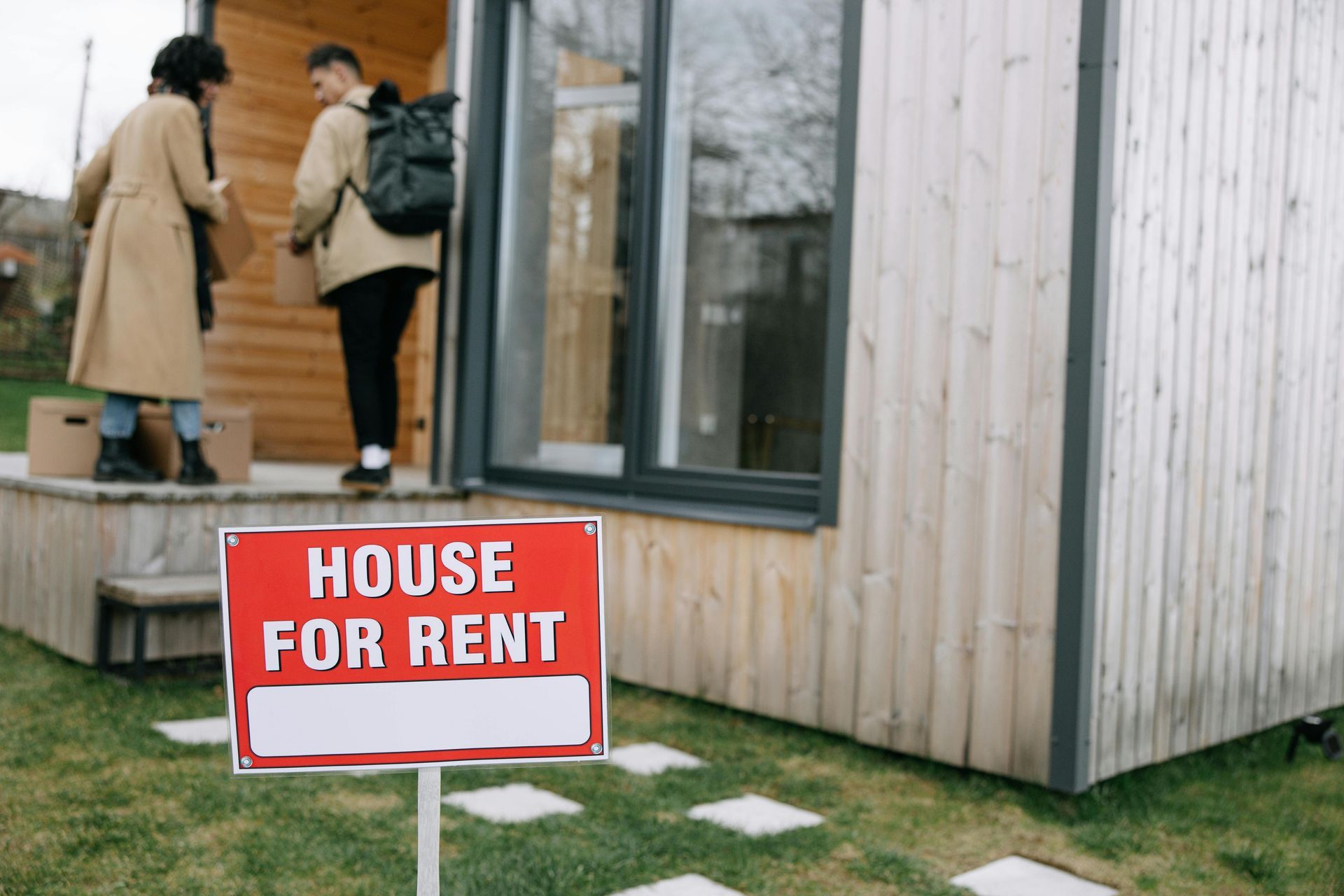What To Look For In A Cottage
Victoria Furdui • September 5, 2024
Location, Location, Location
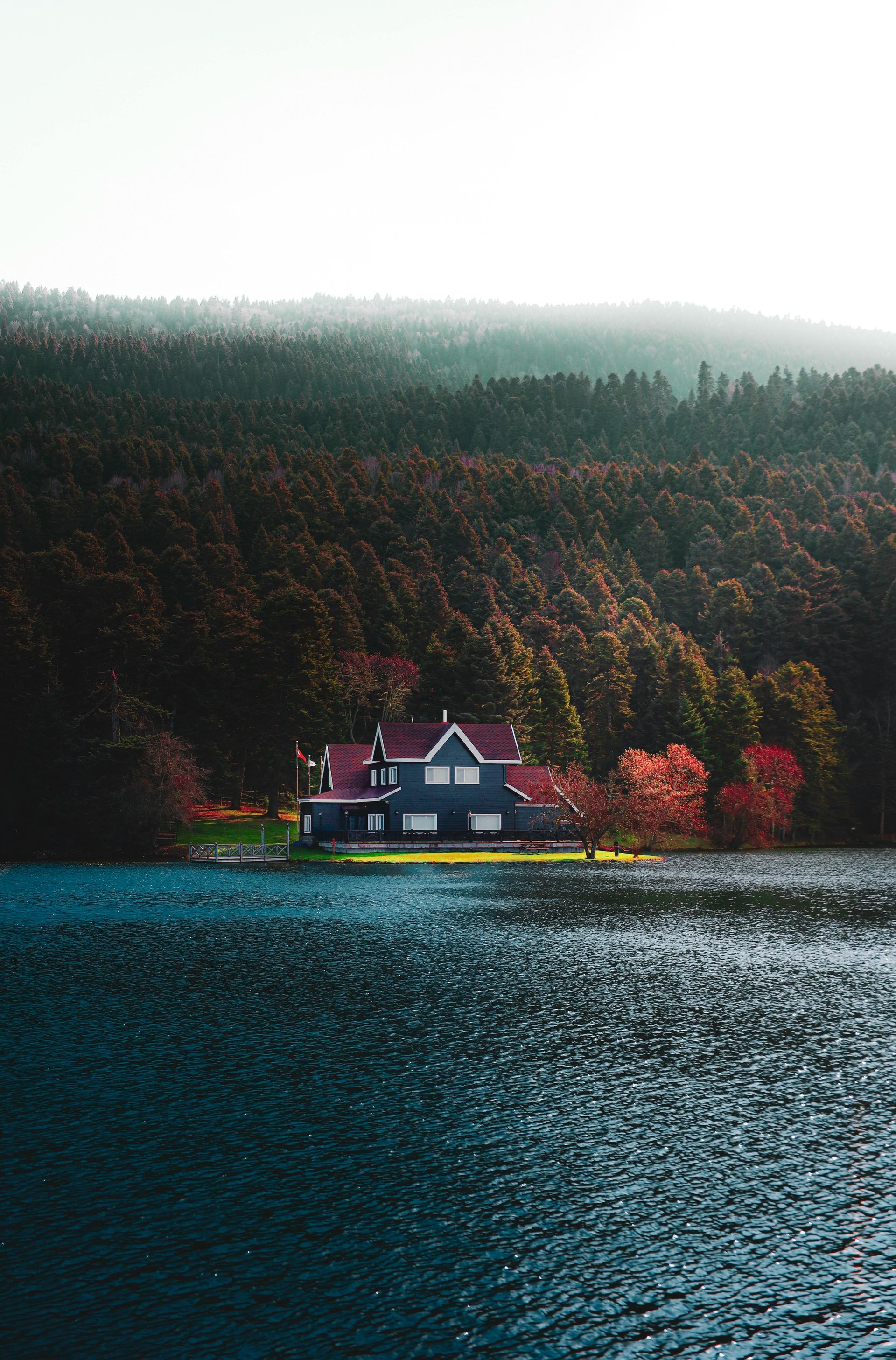
Proximity to Water: If you're dreaming of lake views and early morning swims, make sure you're close to the water. Check if the property has direct access or if you need to share a dock with those rowdy neighbors.
Accessibility: How easy is it to get there? Consider the drive and road conditions, especially in winter. A cottage that’s unreachable half the year is not exactly ideal unless you're looking for extreme isolation.
Local Amenities: Even if you’re aiming to escape civilization, it’s nice to know where the nearest grocery store, gas station, and hospital are. You don’t want to run out of marshmallows with the nearest shop two hours away.
Water Source
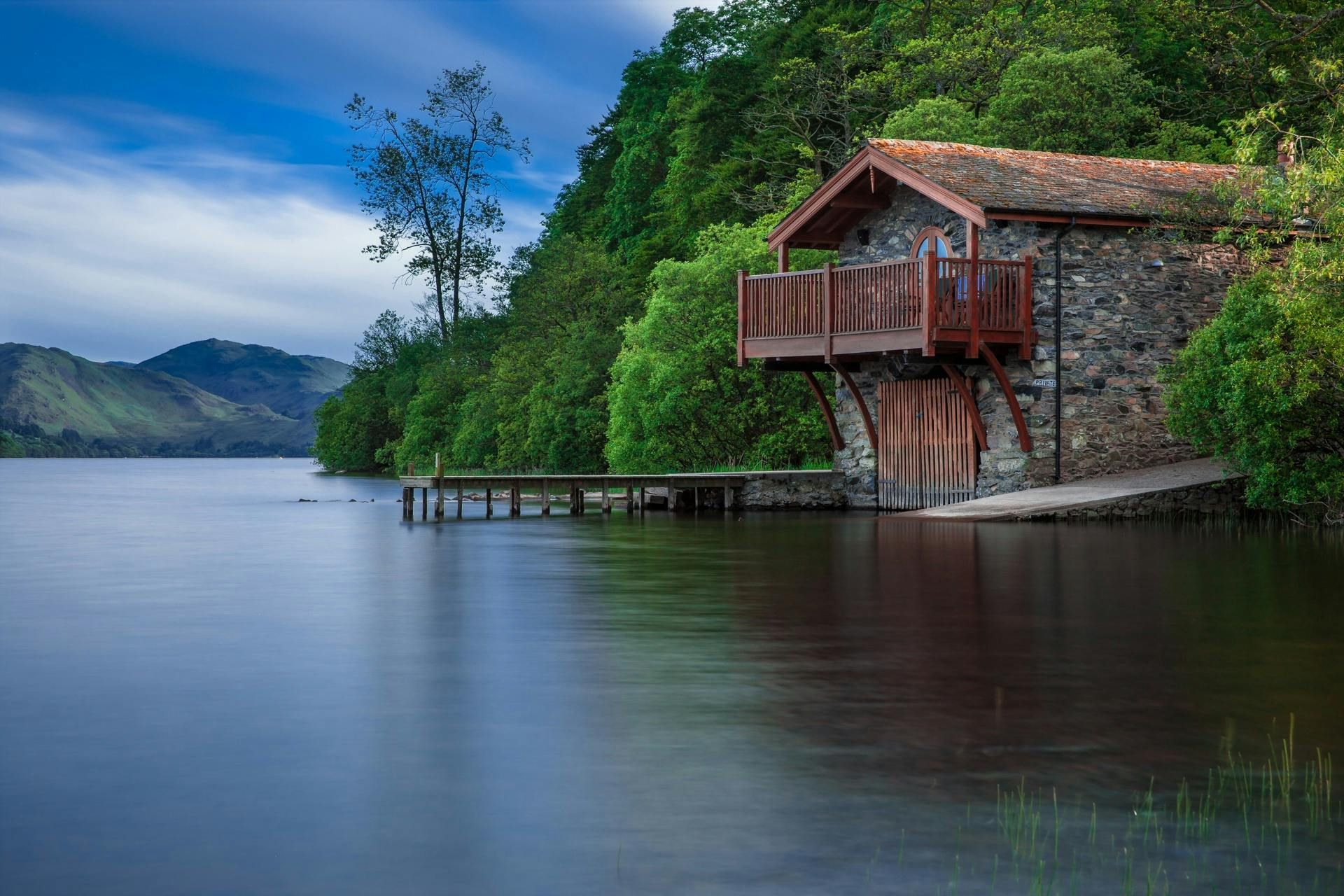
Potable Water: Where does the water come from? Is it well water, a cistern, or directly from the lake (yikes)? Make sure it’s drinkable or be prepared to filter it, boil it, or haul in bottles like you're preparing for the apocalypse.
Septic System: If the cottage isn’t connected to a sewer system, check on the septic tank's condition. Nothing ruins a weekend getaway faster than septic issues.
Structure & Maintenance
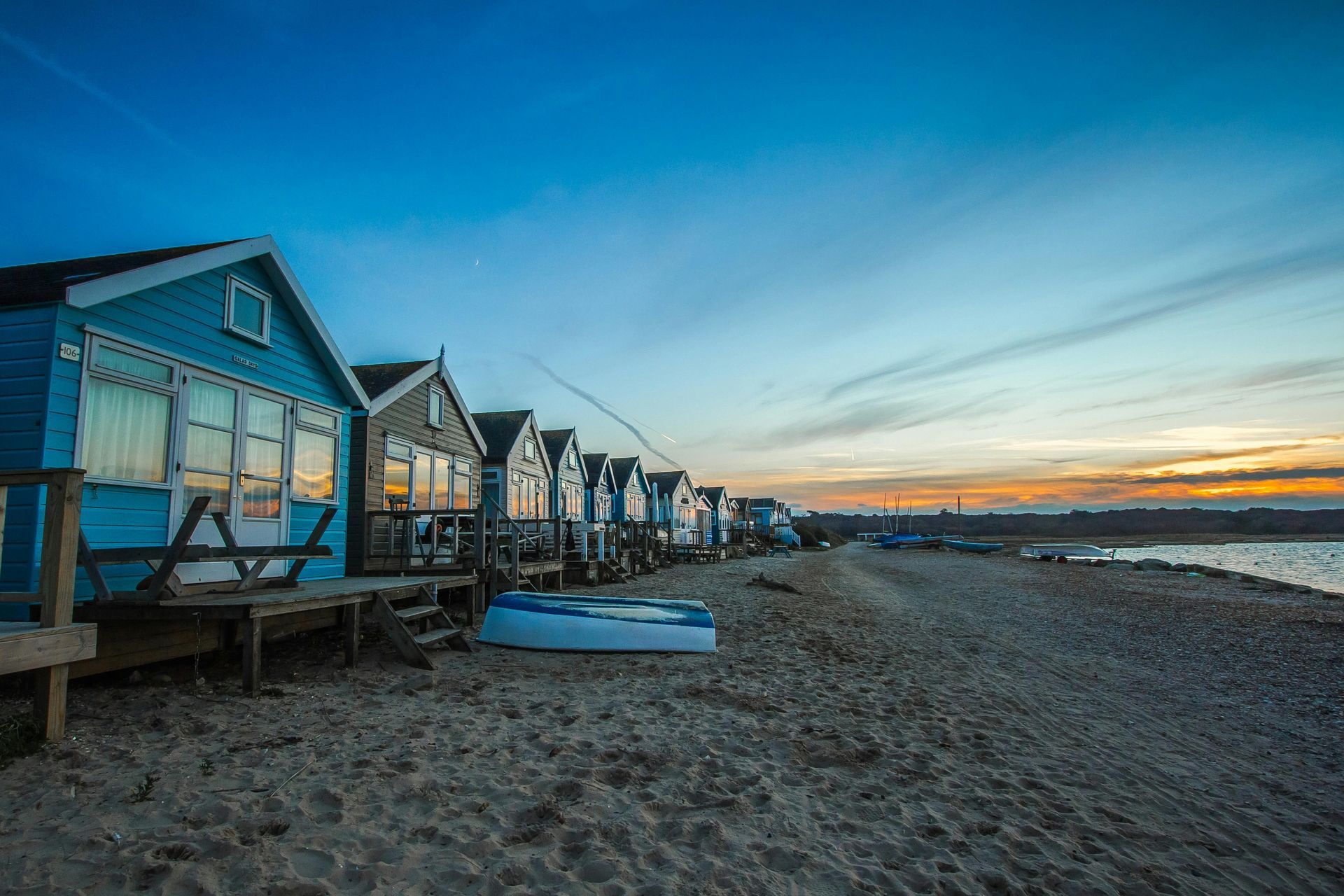
Foundation: Look out for cracks or shifting that could signal expensive repairs down the road. A solid foundation means fewer sleepless nights listening for creaks and groans.
Roof: Inspect the roof’s age and condition. A leaky roof during a summer storm will have you wishing you booked that hotel room instead.
Windows & Insulation: Make sure the windows seal properly and that there’s decent insulation, especially if you plan on using the cottage in cooler months.
Heating & Cooling
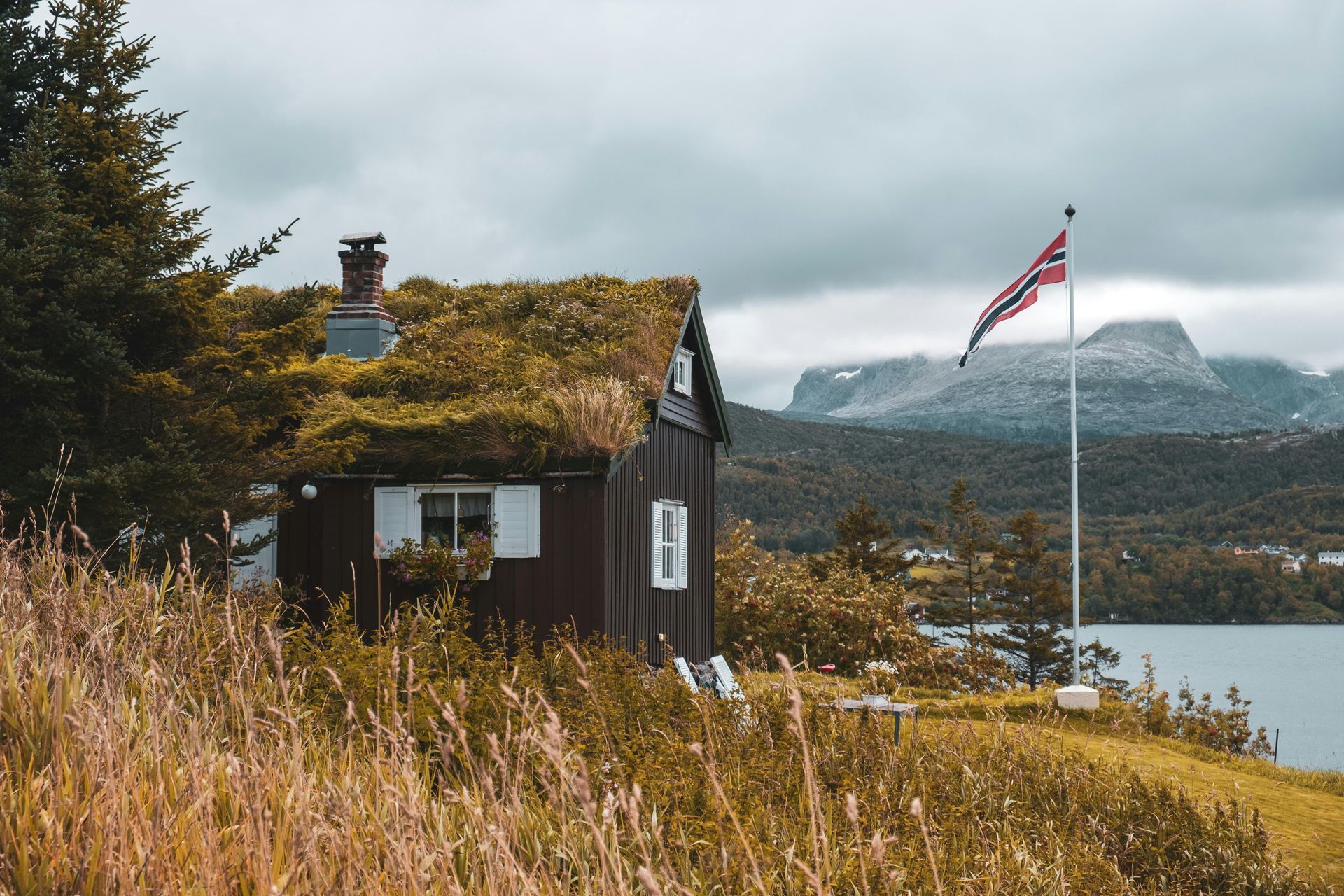
Heating Options: Cottages can get chilly, even in summer. Check if there’s a reliable heat source (like a wood stove or furnace). If the place comes with a fireplace, ensure it’s functional, not just for looks.
Air Conditioning: Not all cottages need A/C, but if you’re in a warmer area, you’ll want to make sure you don’t melt during heat waves.
Size & Layout
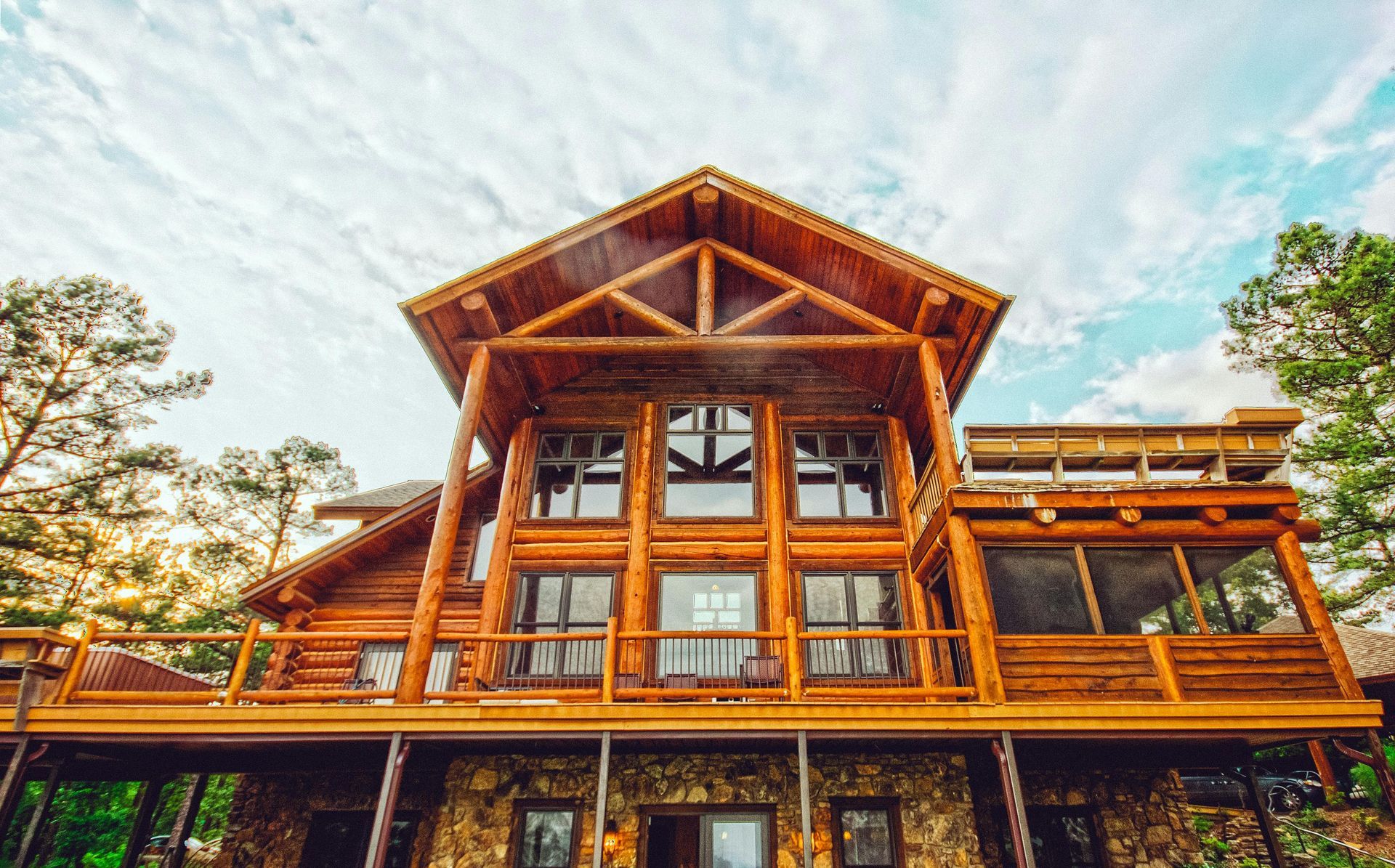
Rooms: Consider how many bedrooms you need for your family or guests. Is there enough space for everyone to sleep comfortably, or are you squeezing onto pull-out sofas?
Living Space: Open layouts are great for socializing, but check if there’s enough storage for all your outdoor gear and rainy day games.
Outdoor Space: How much privacy do you want? Is there room for a fire pit, BBQ, or dockside lounging? Think about how you’ll use the outdoor areas.
Maintenance Considerations
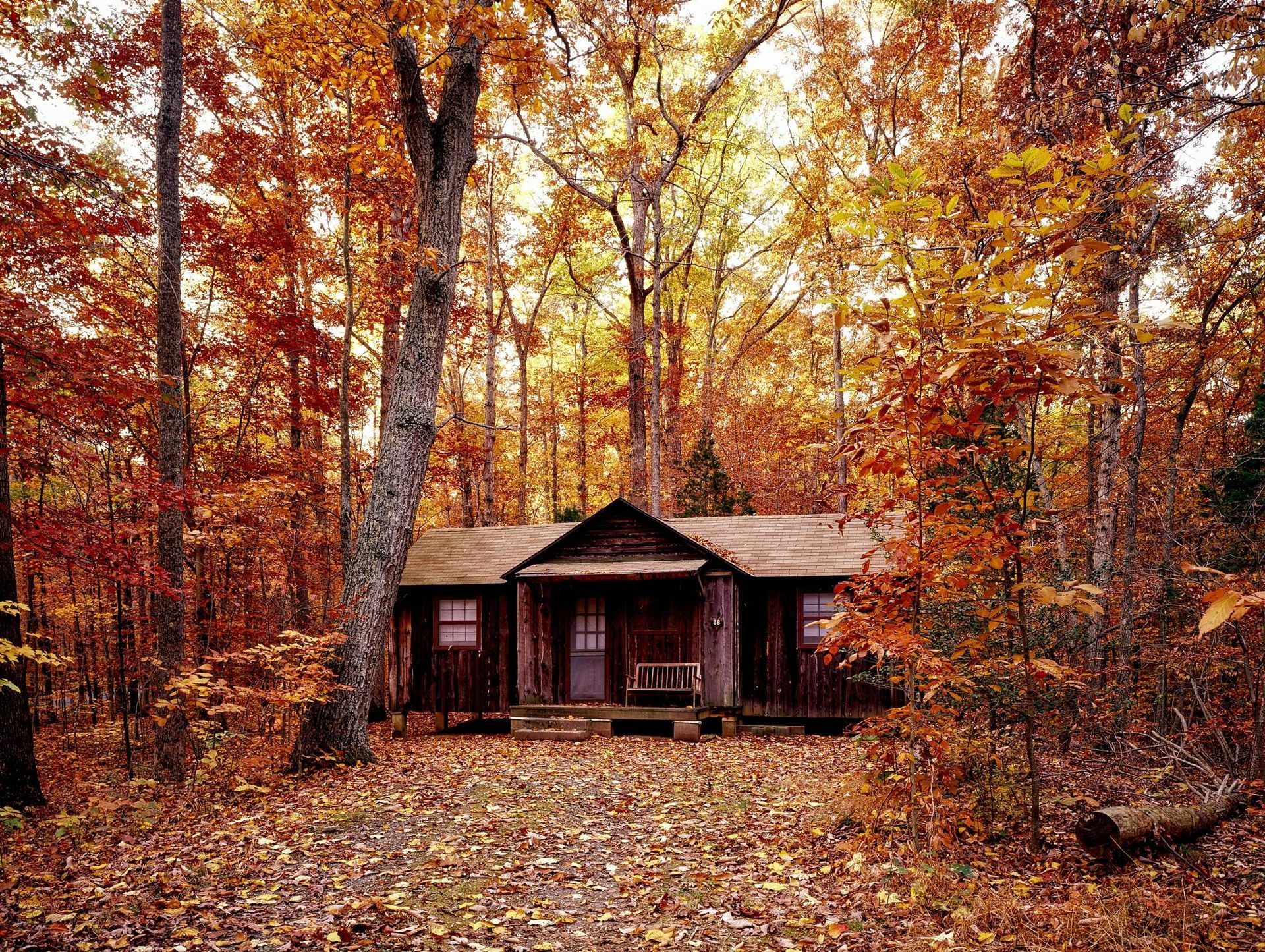
Year-Round Use: If you plan to use the cottage in winter, make sure it’s winterized with insulated pipes, proper heating, and accessible roads. Otherwise, it’s a summer-only retreat.
Upkeep: Cottages can be a lot of work. From clearing paths to maintaining a dock, consider how much time you’re willing to spend on upkeep or if you’ll hire out.
Internet & Cell Service
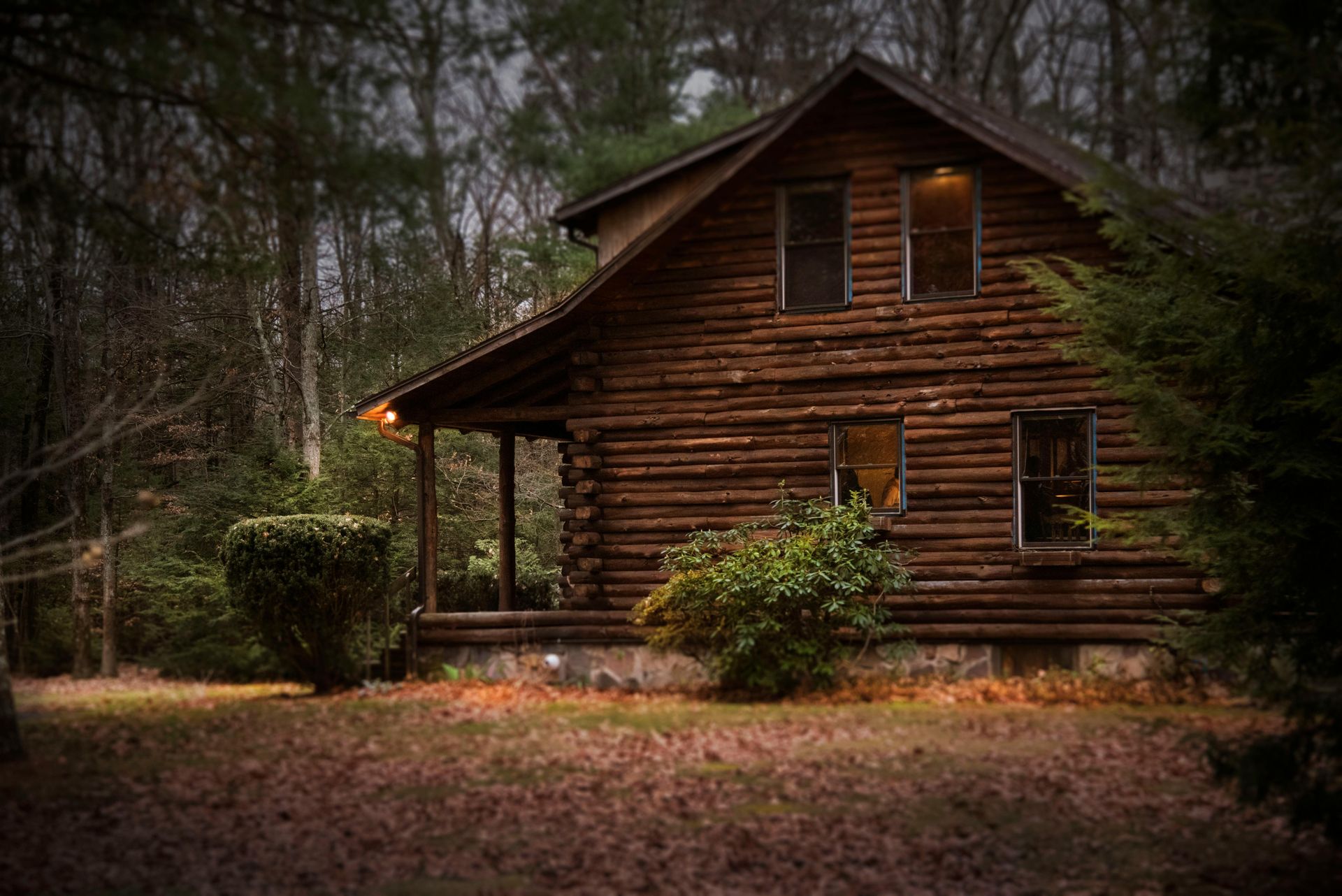
Connectivity: If you need to stay connected, check the quality of internet and cell service. Rural areas can be hit-or-miss, and that Zoom meeting won’t appreciate your pixelated face and lag.
Legal & Environmental Concerns
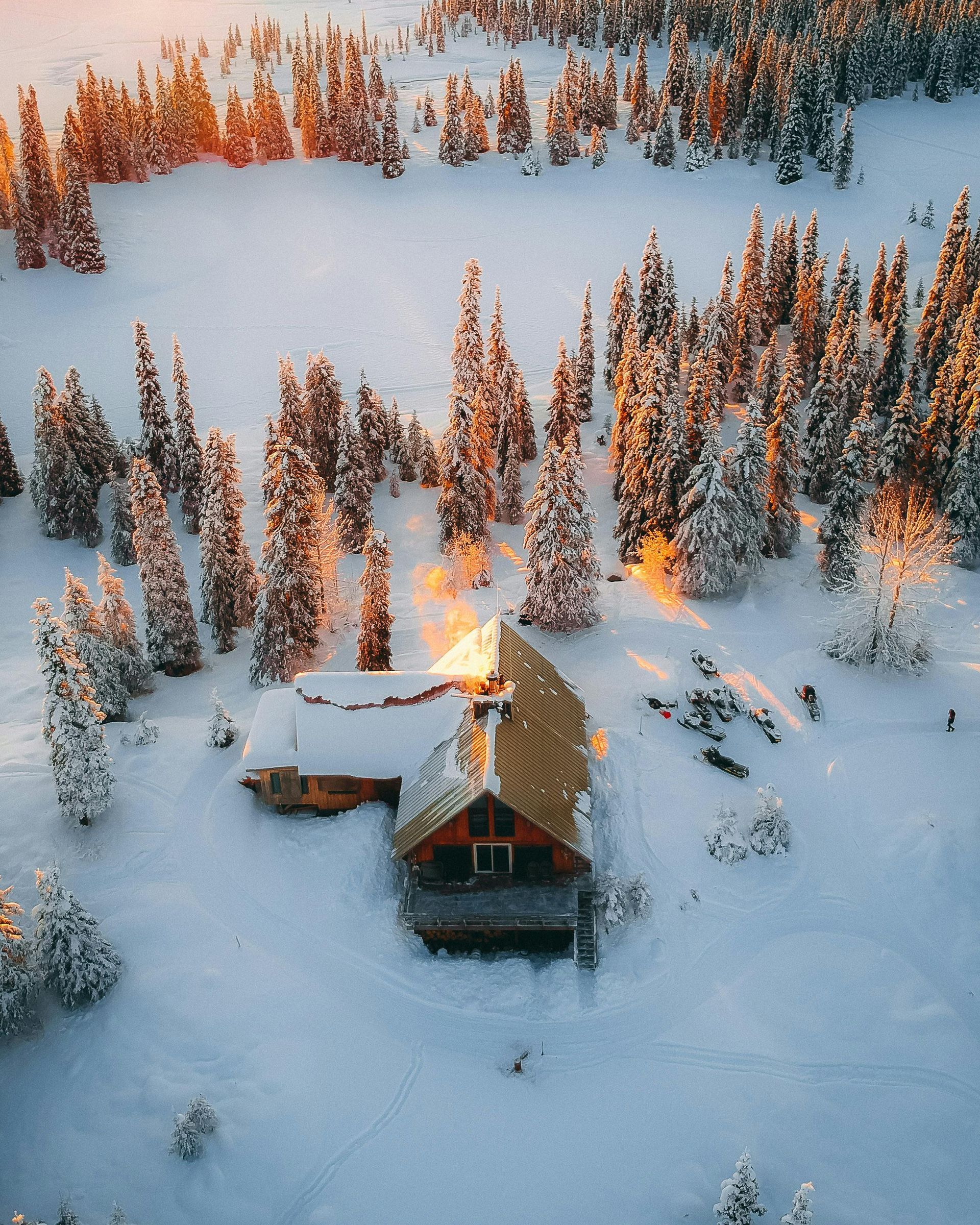
Zoning Laws: Make sure the property is zoned for your intended use. If you’re planning to rent it out, some areas have restrictions.
Environmental Restrictions: If the cottage is near water, there may be environmental protections in place that limit renovations or expansions.
Insurance Costs: Cottages in remote or flood-prone areas can have high insurance premiums. Get quotes before you buy so you're not blindsided.
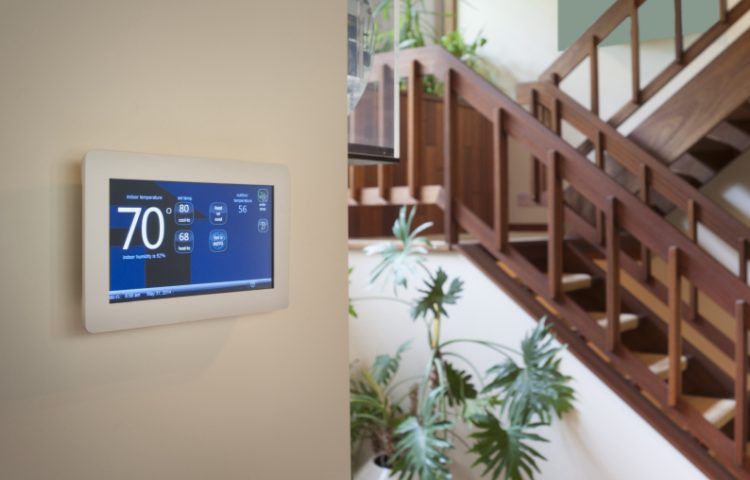
Winter is very much an active time in the real estate market, and many homeowners successfully sell during this season. Whether you’re planning to list soon or later in 2026, winter offers a valuable opportunity to focus on improvements that can strengthen your home’s appeal and help it stand out to serious buyers.

Winter break is the perfect time for families to slow down, spend time together, and make some cozy seasonal memories. Whether you’re looking for festive outings, outdoor adventures, or kid-friendly indoor activities, Guelph has plenty to offer while school is out. Here are some great family events and activities to enjoy during the holiday break!
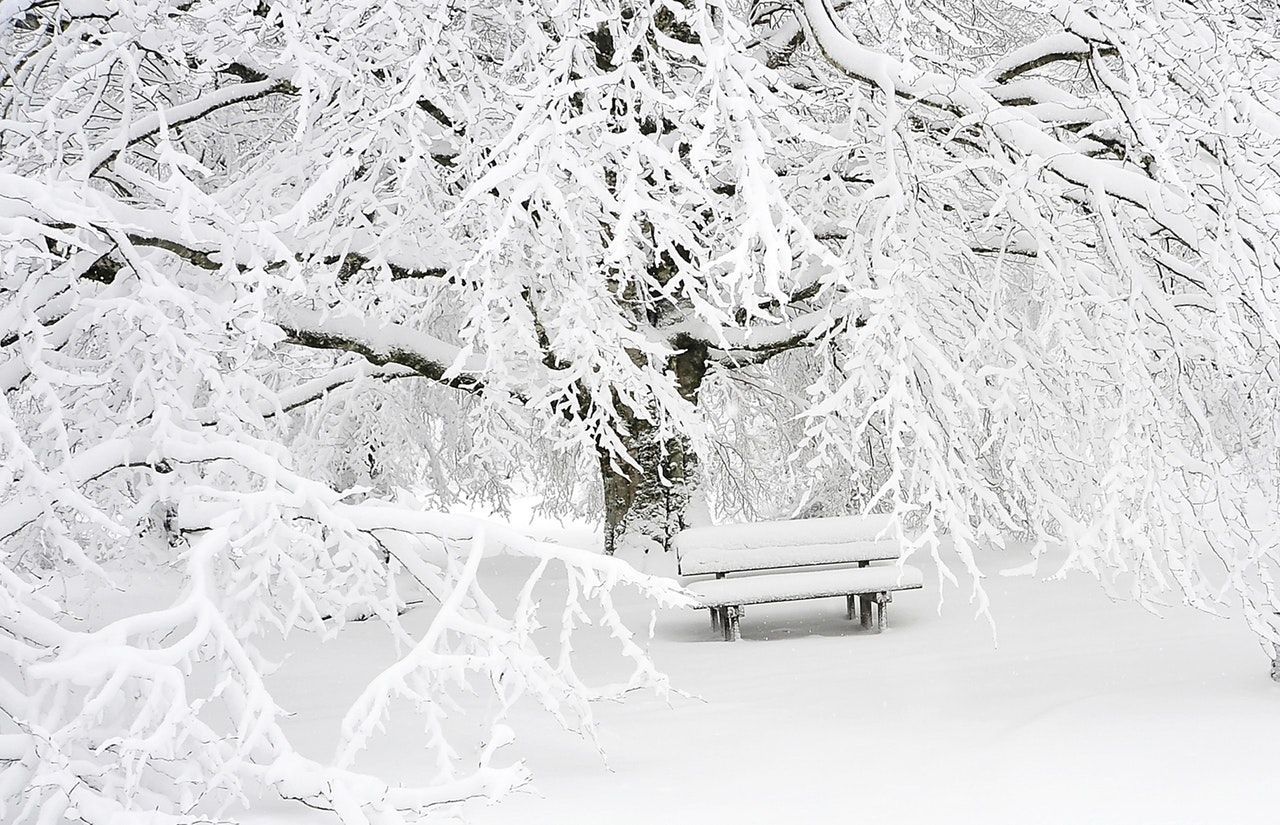
Winter in Guelph has its own kind of magic. From twinkling lights and cozy markets to skating rinks and snow-covered trails, the city and nearby communities offer plenty of ways to make the most of the season. Whether you love outdoor adventures or prefer hot cocoa and festive lights, here are some great ways to embrace winter in and around Guelph!

Summer in Guelph is something special. The city comes alive with music, culture, food, and community spirit. Whether you’re a lifelong local or new to the area, there’s no shortage of ways to celebrate the season. From outdoor concerts and cultural festivals to pirate-themed adventures (yes, really), Guelph’s summer events offer something for everyone. Here’s a roundup of some of the top festivals and happenings to check out this season!
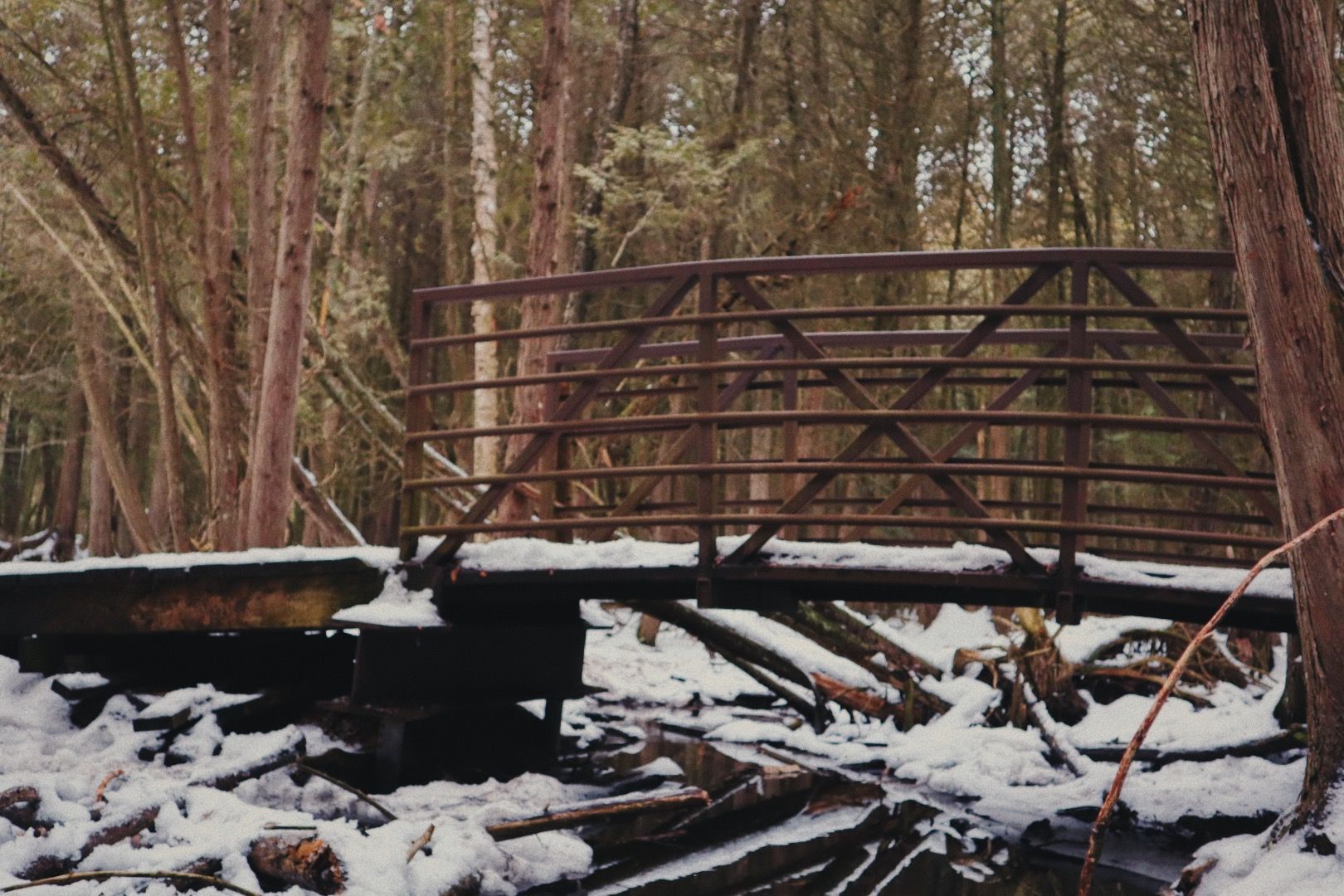
If you’re the kind of person who feels most at home surrounded by trees, trails, and the sounds of nature, Guelph just might be your perfect match. Known for its strong sense of community and beautiful green spaces, Guelph offers a variety of parks and trails that make it easy to get outside and reconnect with nature, right in the heart of the city! Here’s a guide to some of Guelph’s most beloved spots for nature lovers, complete with real examples and local tips.
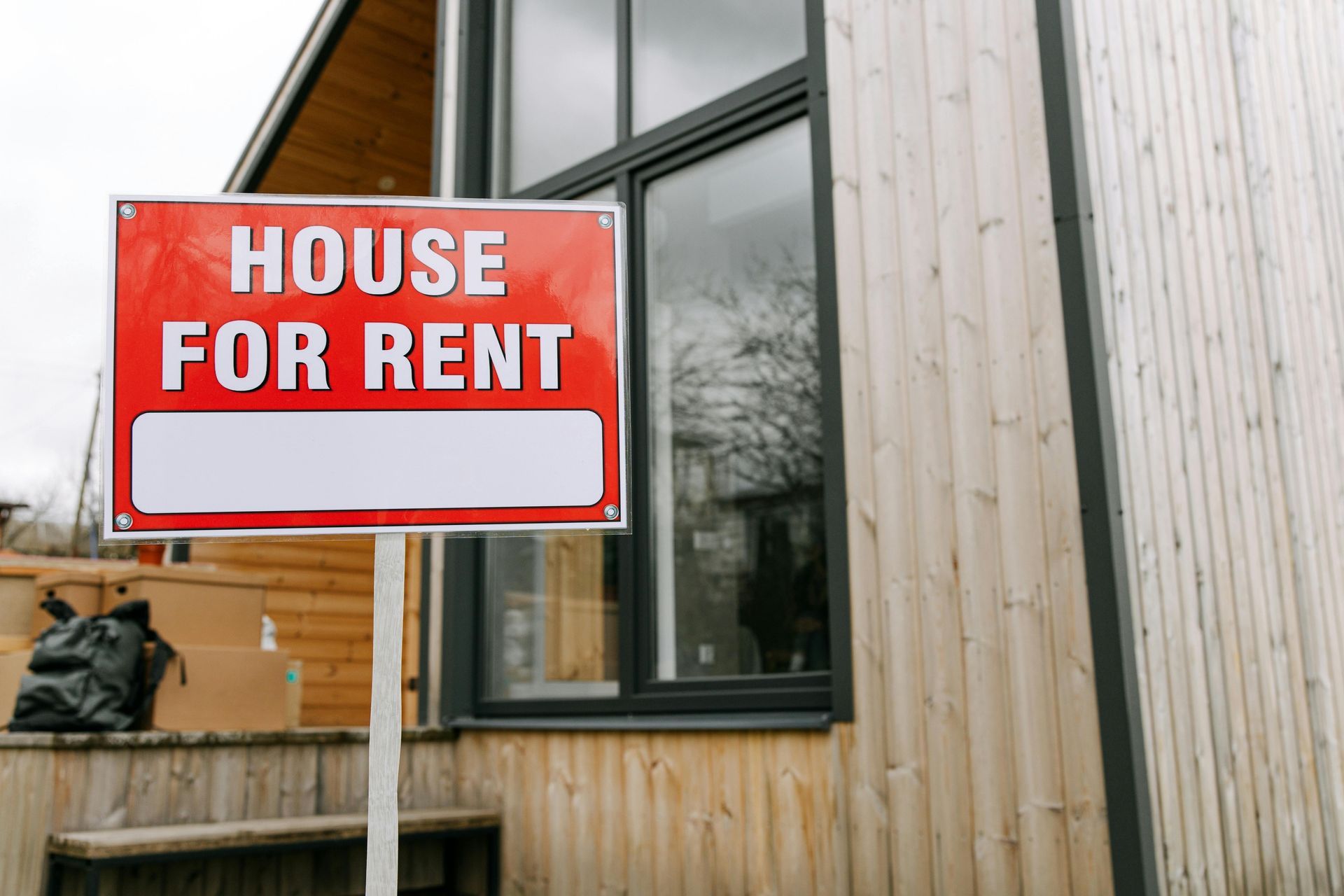
Navigating the rental process in Ontario means understanding the official notices used by the Landlord and Tenant Board (LTB). These notices are the first step in resolving many issues between landlords and tenants — whether it’s about unpaid rent, needed repairs, ending a lease, or illegal activity. There are notices that landlords serve to tenants, and others that tenants can file to address issues like harassment, maintenance problems, or rent abatements. Each notice has a specific purpose, required timelines, and a process that must be followed. In this guide, we’ll break down the most common and important LTB notices. Whether you’re renting a home or managing one, understanding these forms is essential to protecting your rights and resolving disputes legally and efficiently!
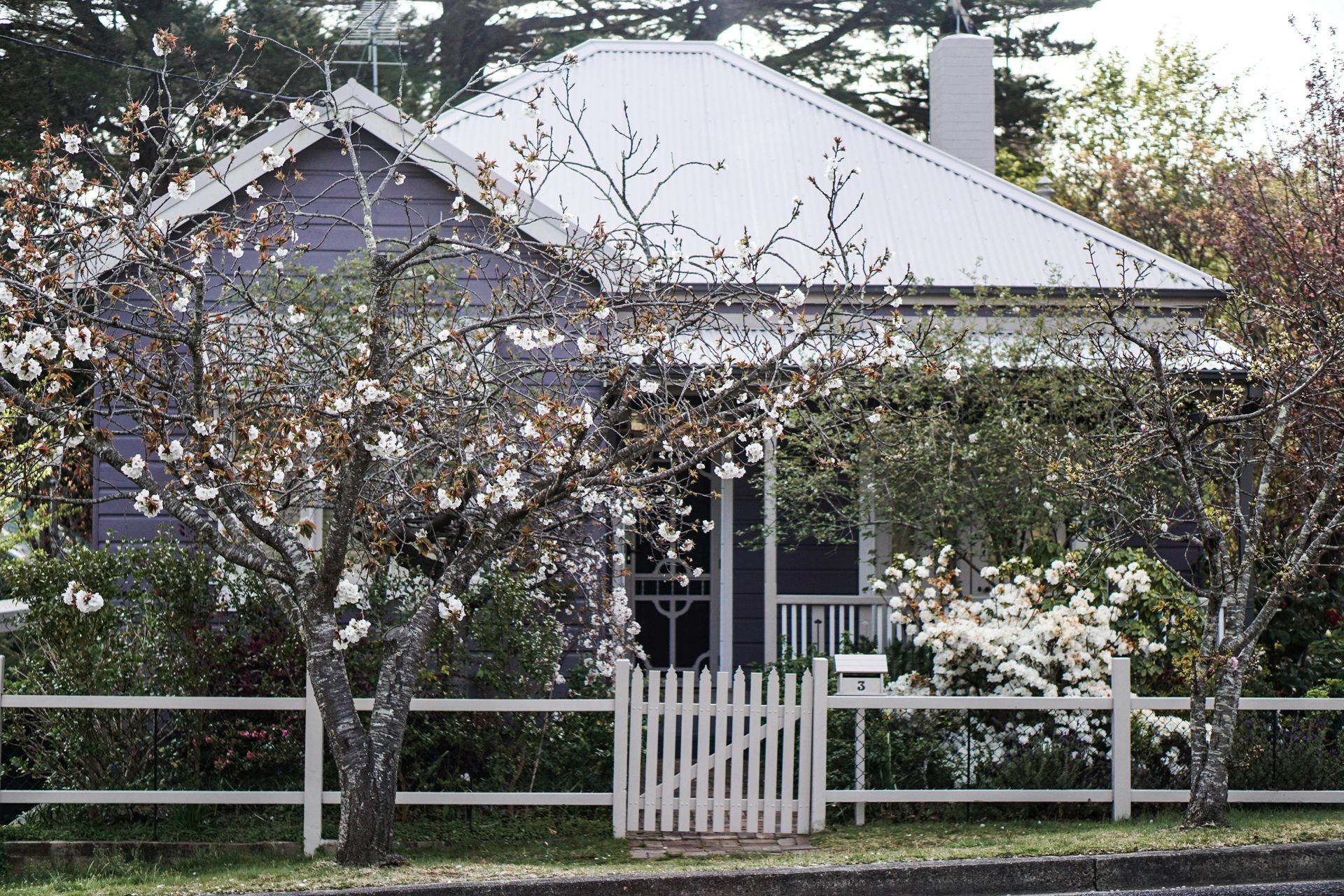
Spring is one of the busiest seasons for house hunting, and Guelph’s real estate market is no exception. After months of cold weather, snow, and ice, homes can show signs of winter wear and tear—some visible, some hidden. Before making an offer, it’s important to know what to look for so you can avoid costly surprises down the road.
